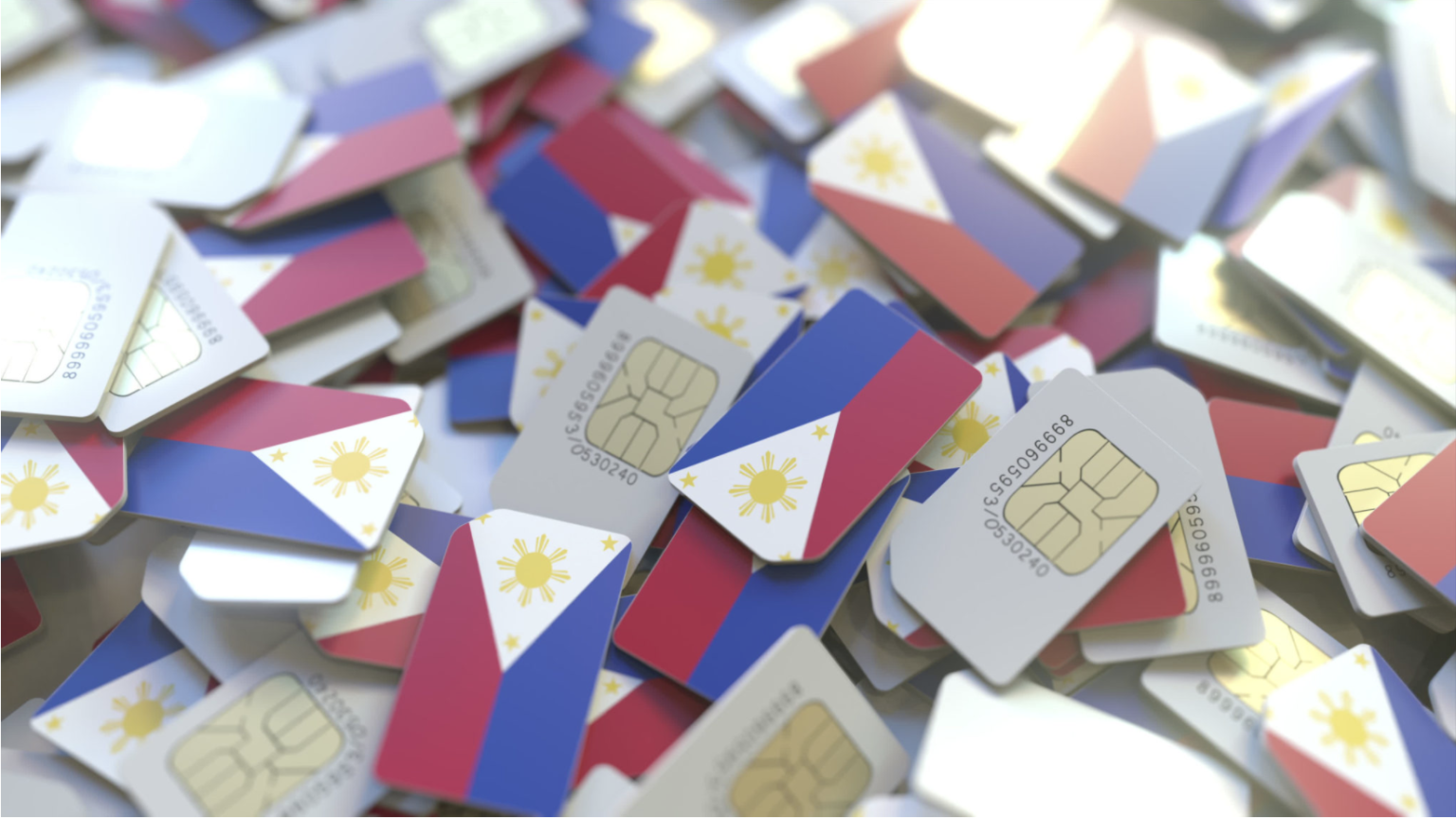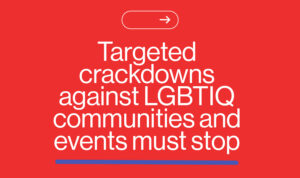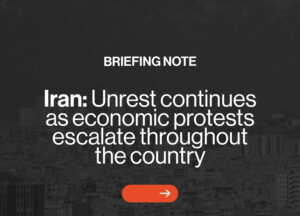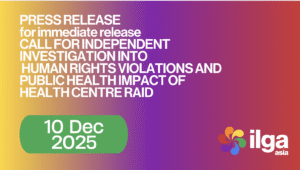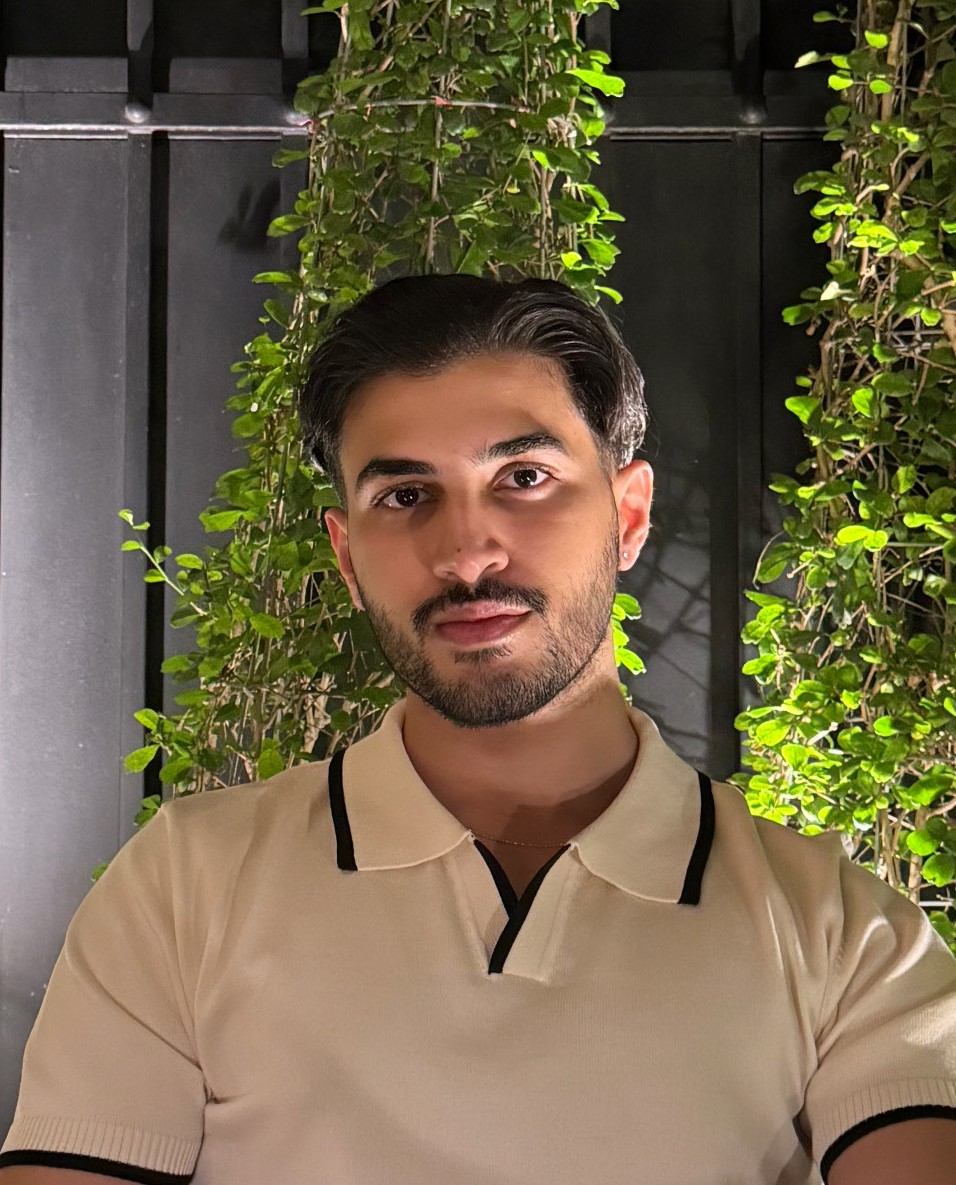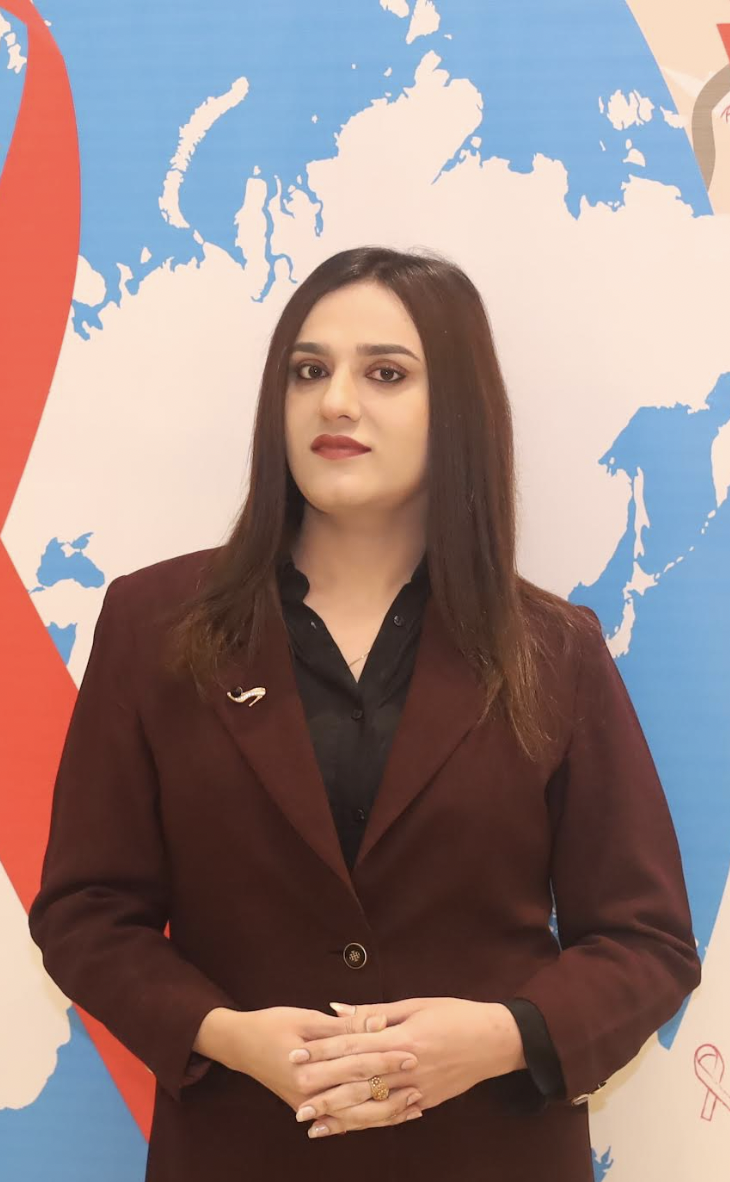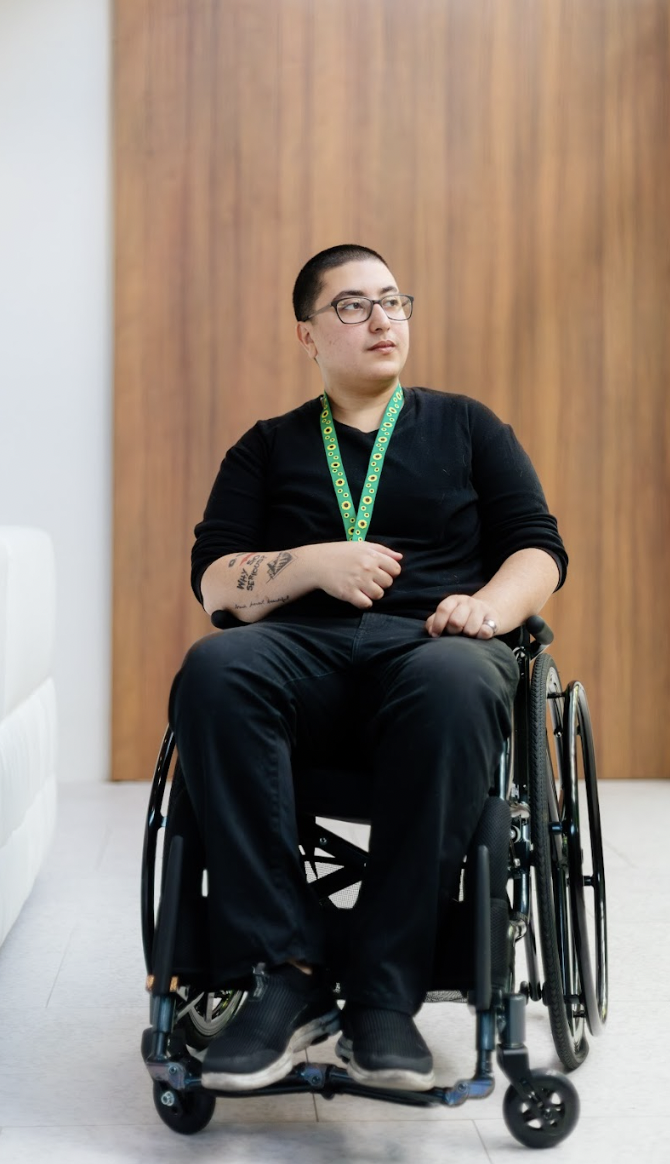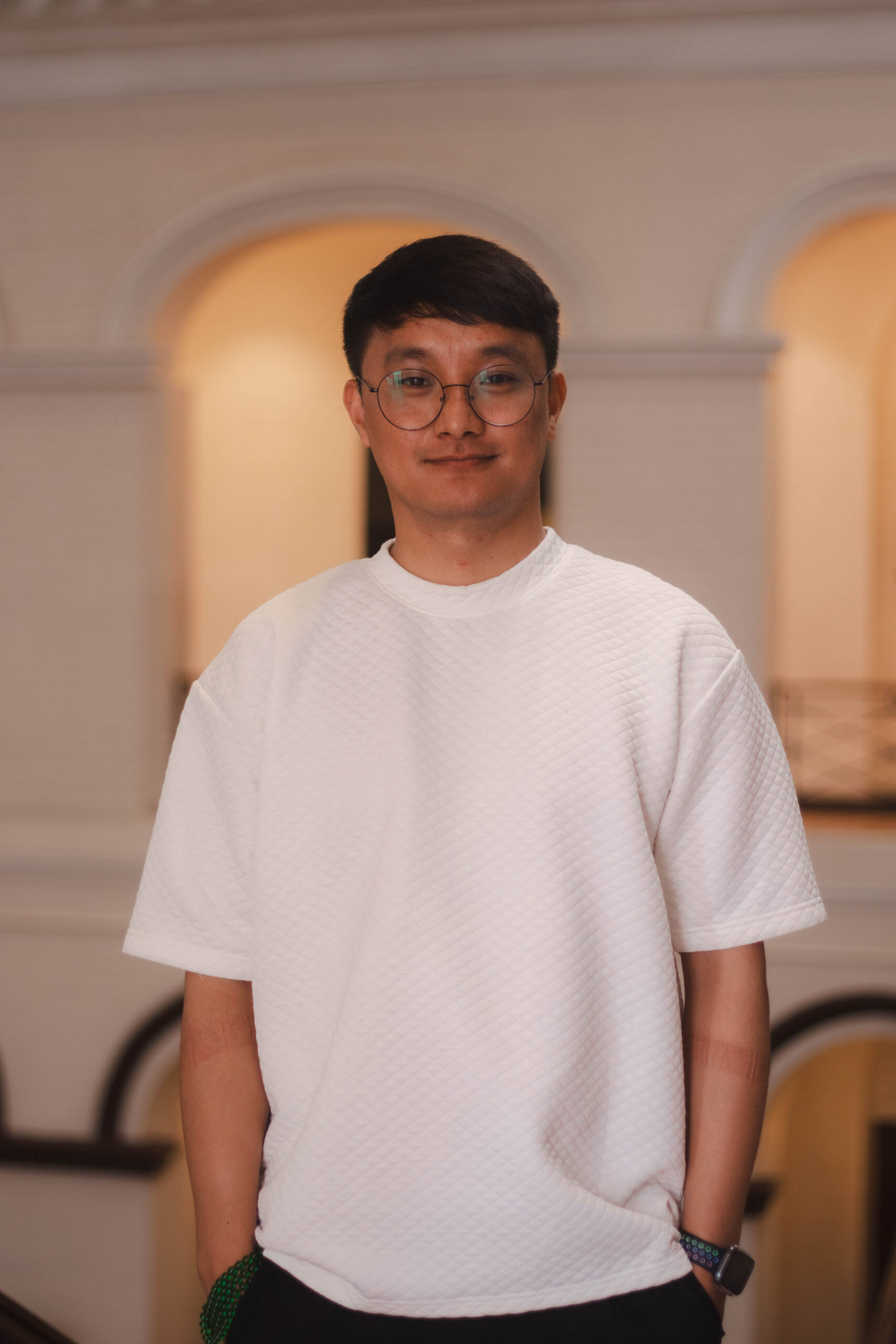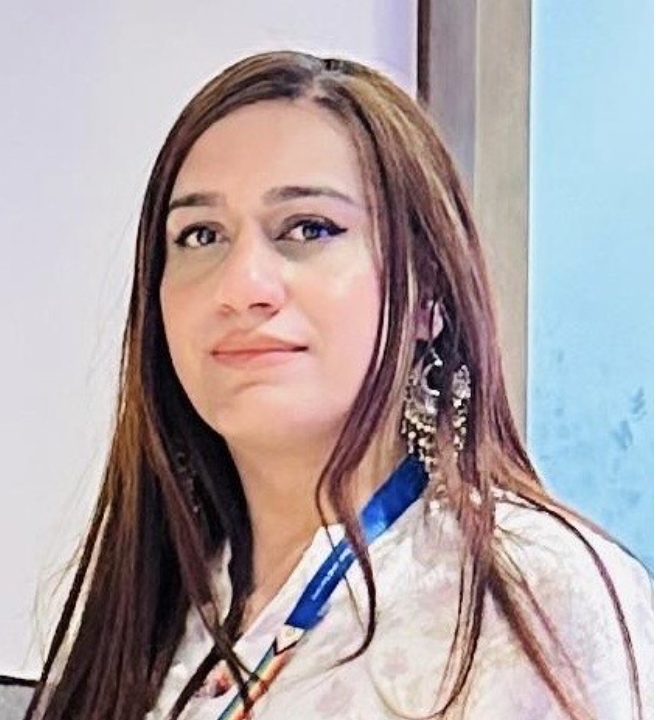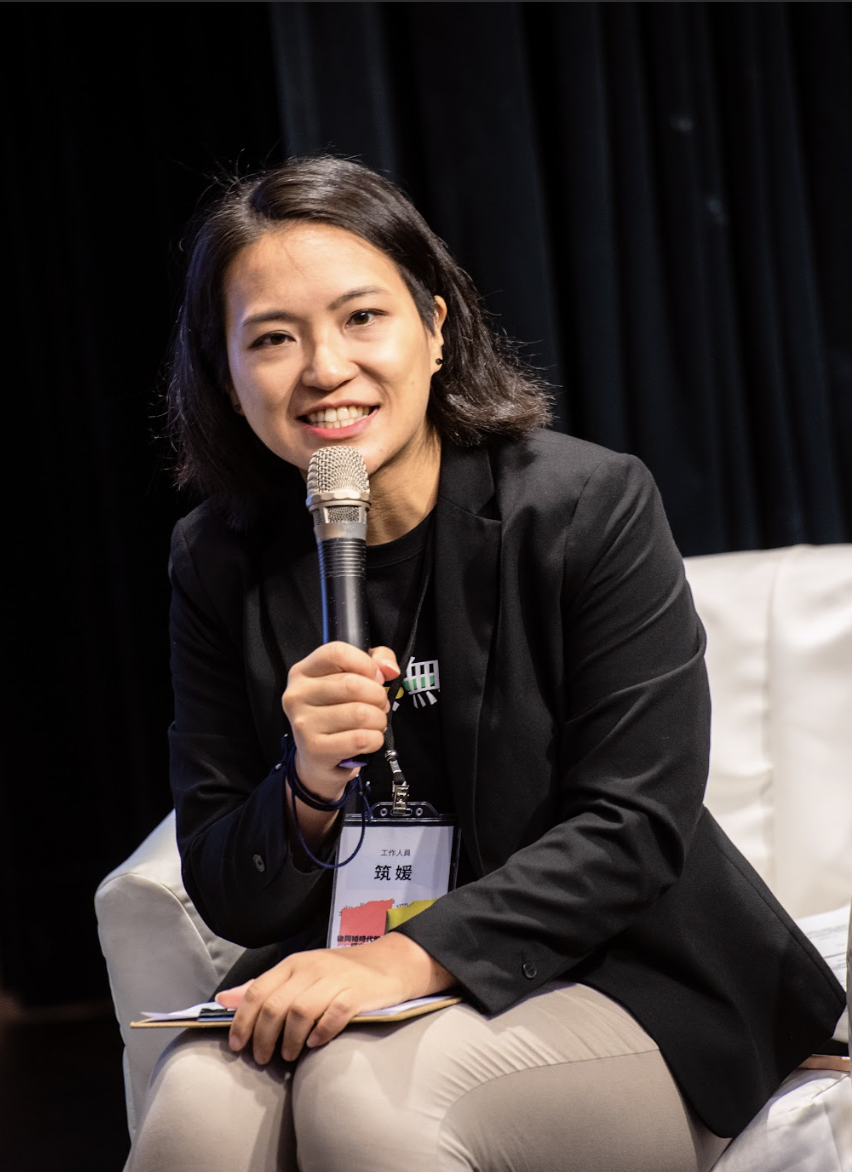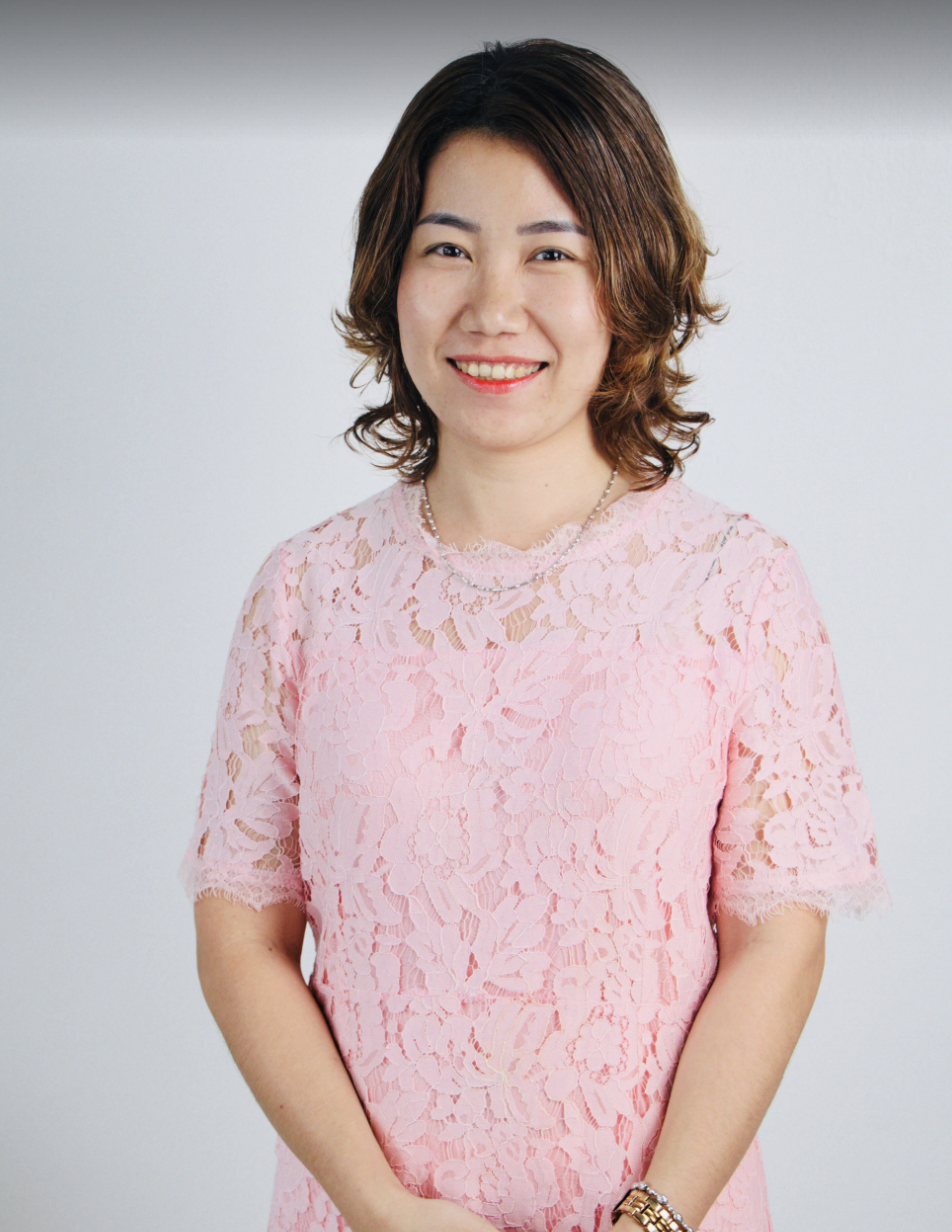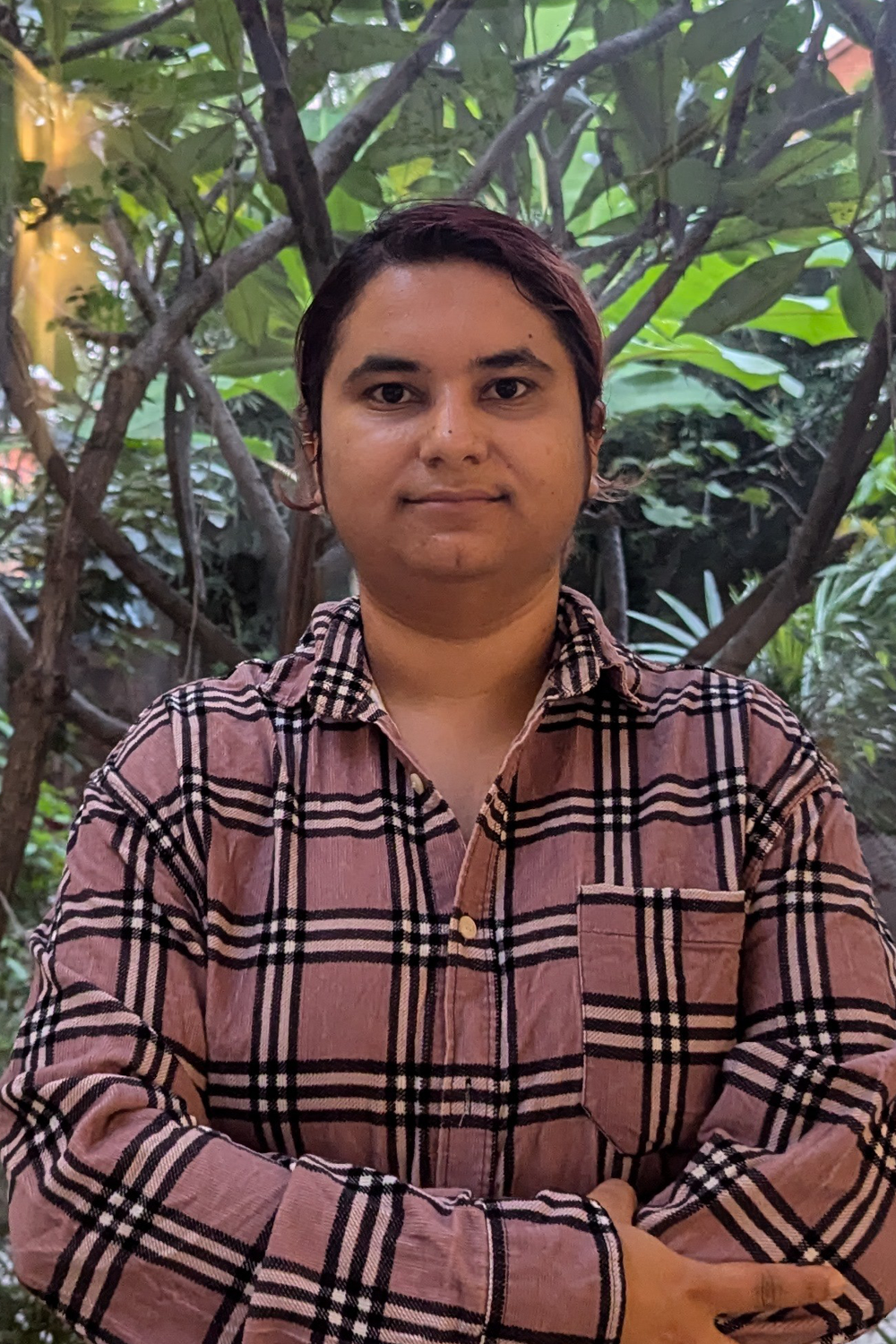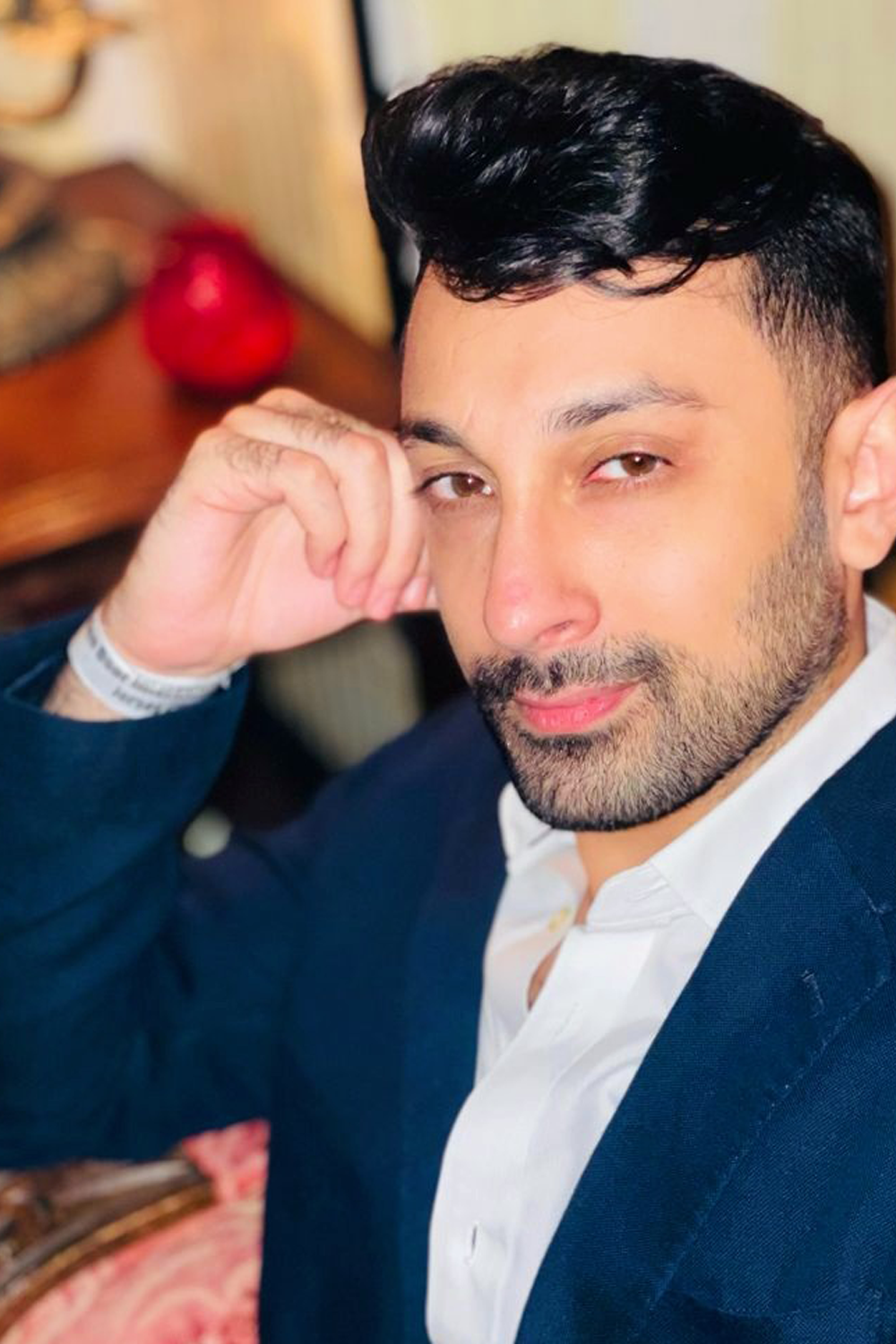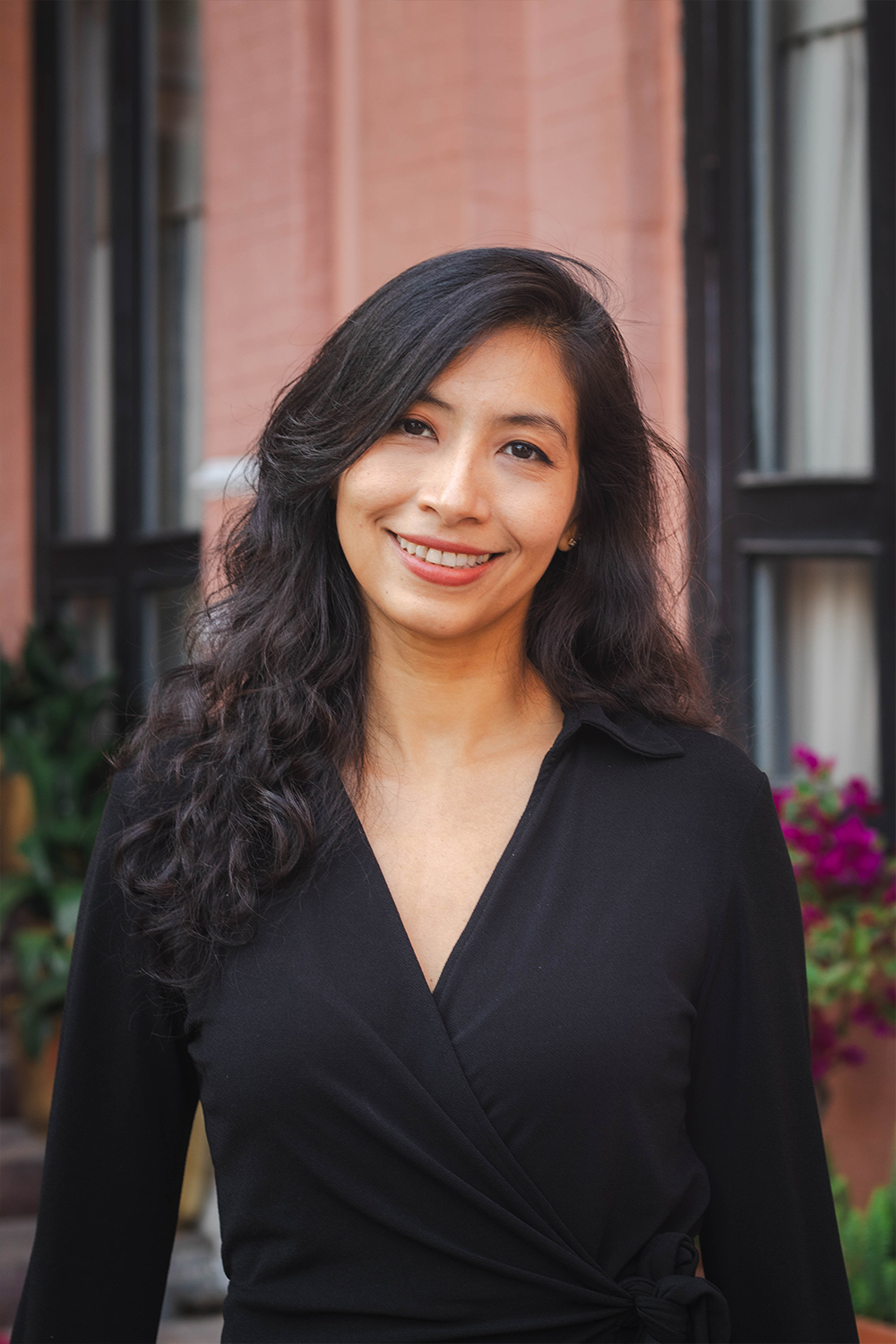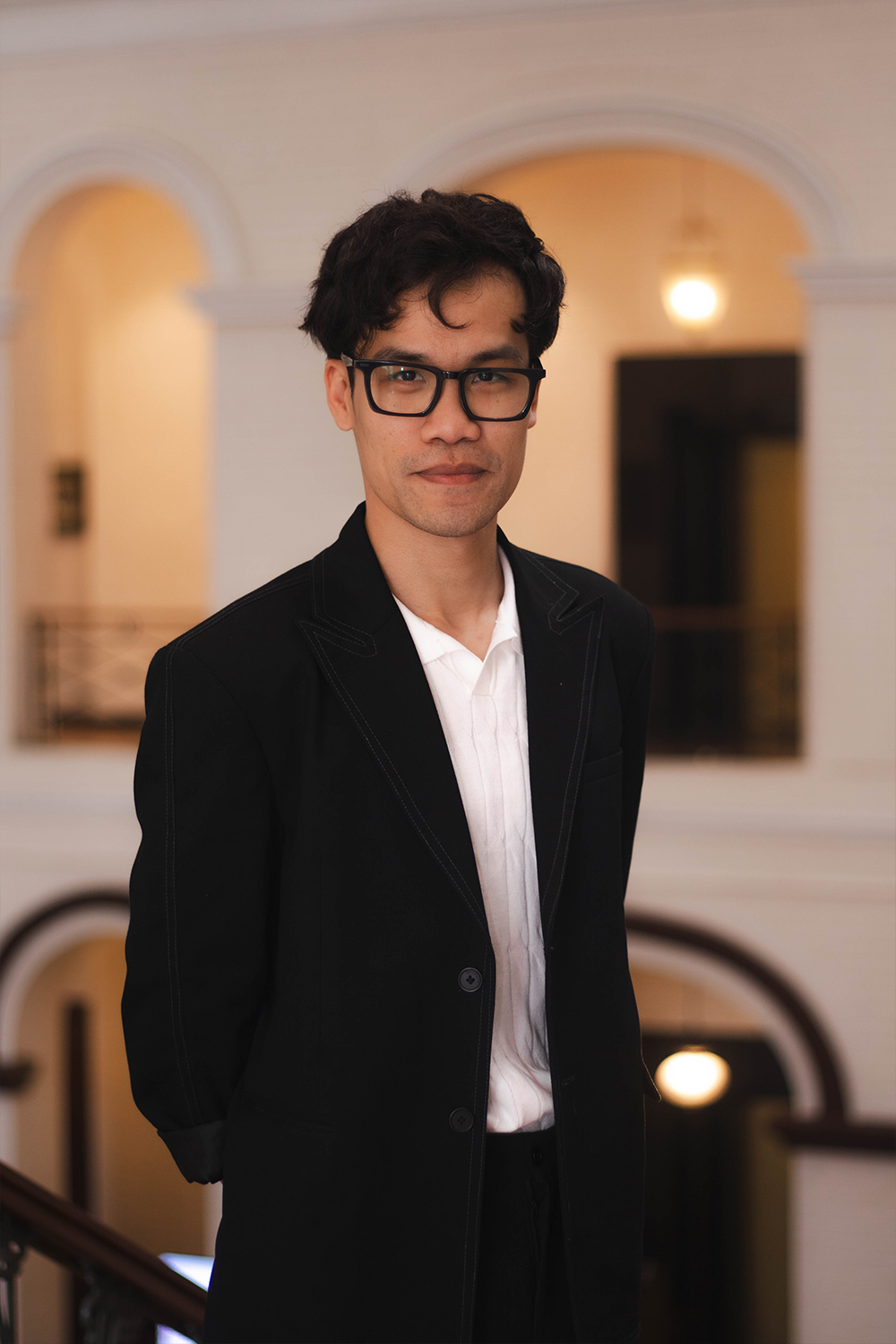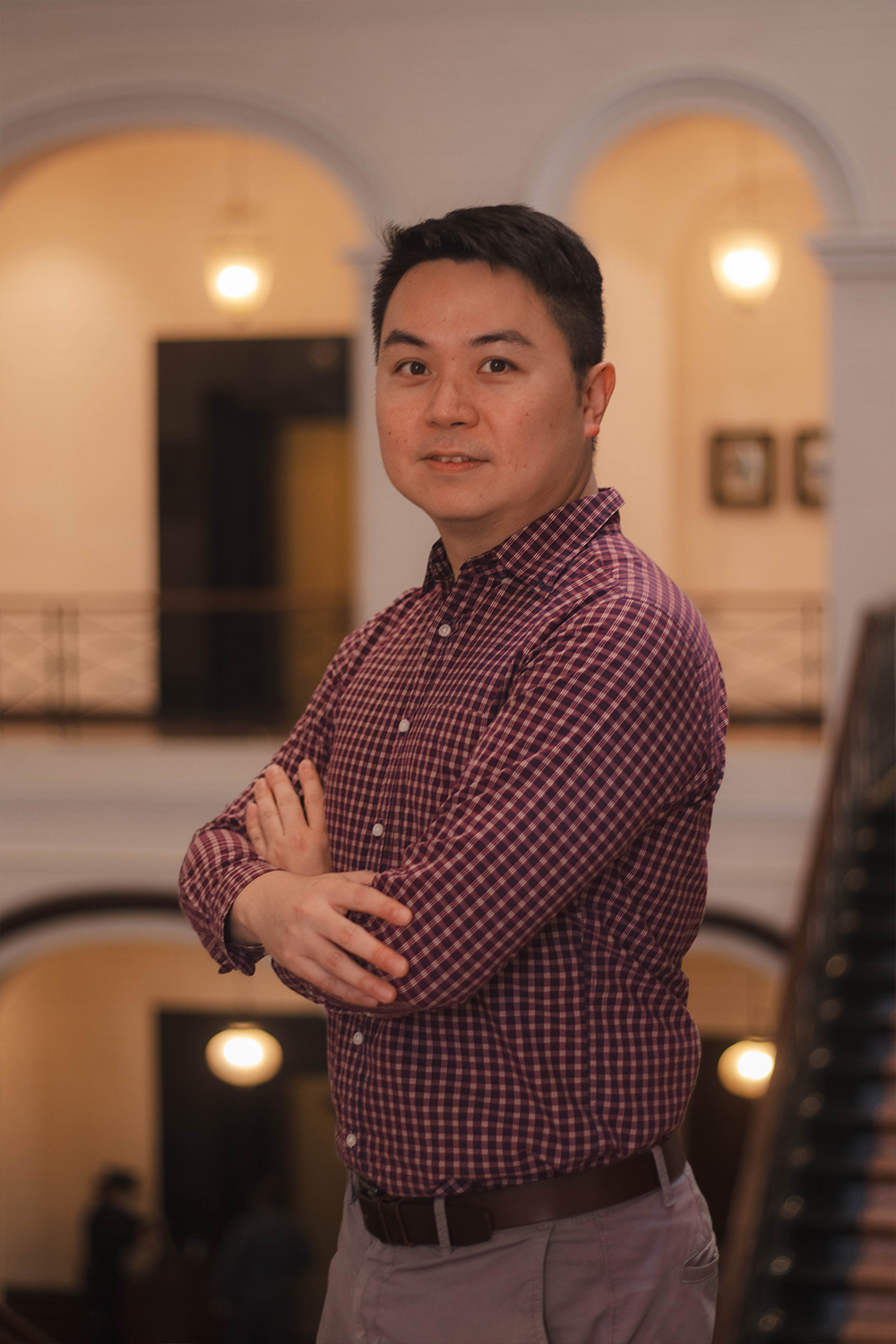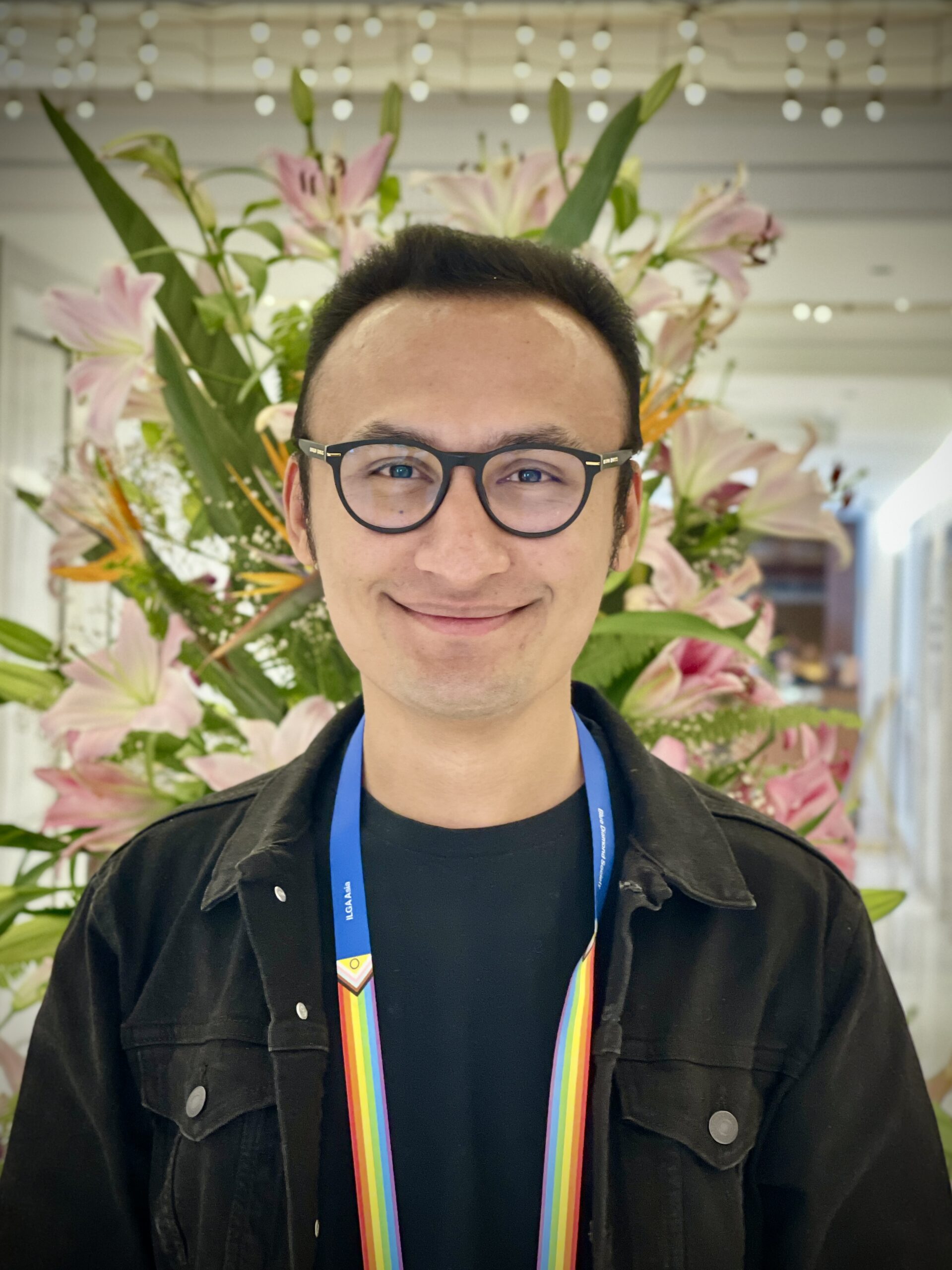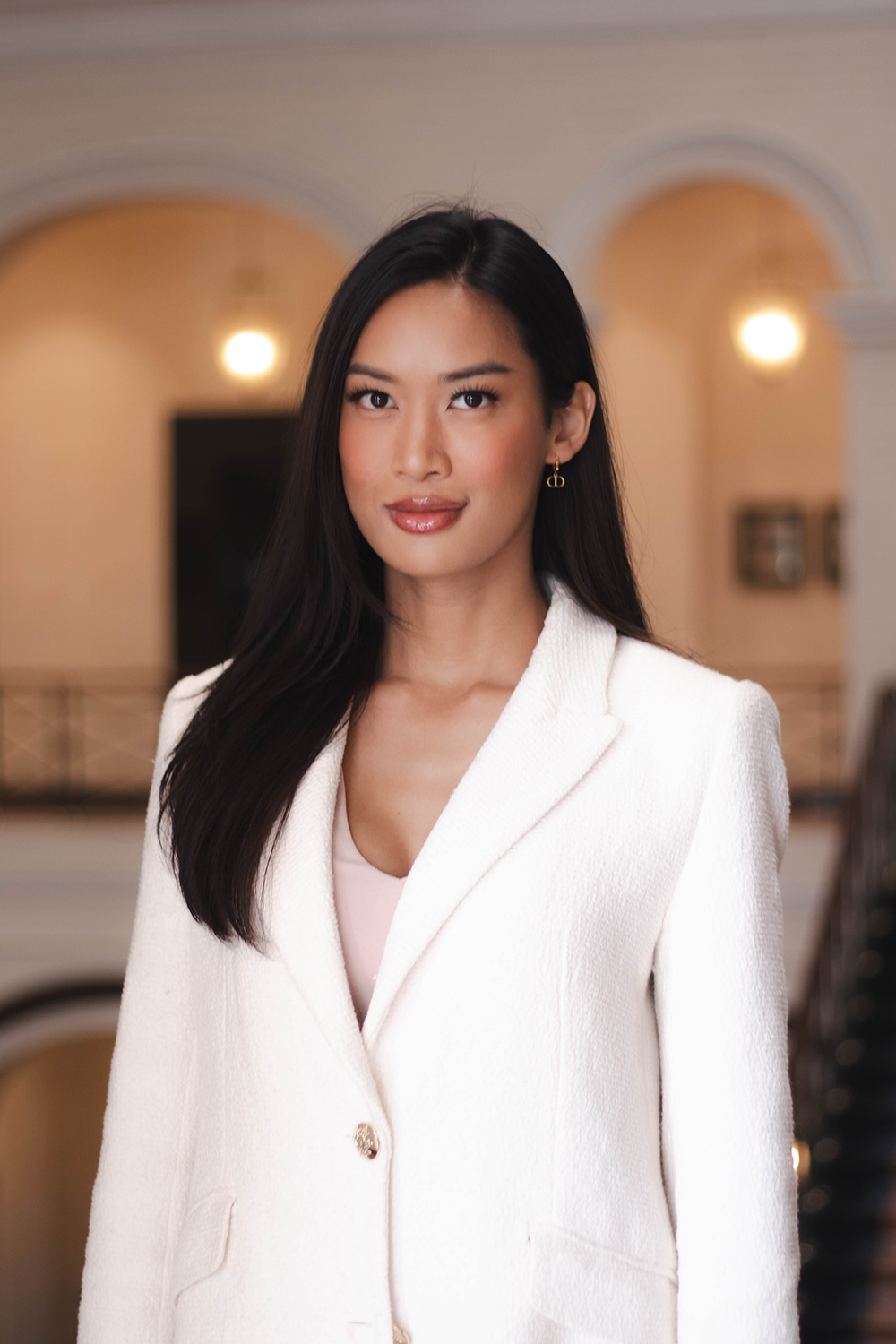9 March 2022
10 human rights organisations call on the Philippine legislature to repeal or substantially amend the fatally flawed SIM Card Registration Act, which is a substantial threat to the rights to privacy, freedom of expression and information, and non-discrimination in the Philippines.
We are concerned about the grave risks that the SIM Card Registration Act poses to the rights to privacy, free expression and information, association and non-discrimination in the Philippines. We are further concerned about the discriminatory impact of the law on transgender and gender diverse individuals, in the absence of legal gender recognition in the country.
The SIM Card Registration Act was ratified by the House of Representatives and Senate on 2 February 2022, and lapsed into law on 4 March 2022. Under the Act, Public Telecommunications Entities (PTEs) must require the registration of SIM cards for collection in a centralized database as a pre-requisite to the sale and activation of SIM cards. Further, all social media account providers must record the real names and phone numbers as part of the registration process upon creation of an account. In effect, these requirements amount to a blanket prohibition on anonymity for telecommunication and social media users. Completed registrations will then be forwarded to a centralized database, without clear limitations on access to or use of personal information. Guidelines for the “proper implementation” of the registration program will be formulated by the National Telecommunications Commission, in consultation with government agencies such as the Department of Trade and Industry, Department of Information and Communications Technology and National Privacy Commission, and PTEs, social media providers, and major consumer groups.
Prohibitions of anonymity interfere with the right to privacy and freedom of expression, protected under the International Covenant on Civil and Political Rights (ICCPR), to which the Philippines is a party. As noted by the former Special Rapporteur on the promotion and protection of the right to freedom of opinion and expression stated in his 2013 report, restrictions on anonymity “facilitate State communications surveillance” and “have a chilling effect, dissuading the free expression of information and ideas”.
In the Philippines, human rights defenders and those who lawfully exercise their right to criticize the government are frequently targeted and sanctioned for their work, including through the dangerous practice of red-tagging. Human rights defenders in the Philippines have reported that the Philippine police monitor Facebook posts to identify, arrest and interrogate people. The real-name registration requirements exacerbate concerns of surveillance of telecommunications and online activity by the Philippine authorities, and is likely to dissuade individuals from expressing themselves freely without fear of retribution.
Inconsistent with human rights law and principles
Under the ICCPR, where a government action interferes with human rights, it will only be permissible if its terms are defined narrowly and precisely and it is strictly necessary for a legitimate purpose such as protecting national security, public order or public health. The SIM Card Registration Act states that the registration requirements are intended to, among other things, “deter the […] spread of digital disinformation or fake news”. This is a vague and overbroad concept, left undefined in the Act. It is also not a legitimate purpose for the restriction of rights, absent a compelling national security, public health or public order purpose. The prohibition of “fake news” is “not in itself a legitimate aim”. Demands for user information by a “competent authority” may also be issued to PTEs and social media providers if a specific mobile number or social media account was or is being used to spread “digital disinformation” or “fake news”.
Even as the law has been introduced purportedly to combat anonymous crimes and scams, there is a lack of evidence as to how SIM card registration laws can effectively prevent such threats—evident from similar laws brought into force in other jurisdictions, including Kenya, Mexico and Malawi. Industry and technical experts have raised these concerns with respect to the current Philippine law. Without clear limitations on the type and quantity of user information collected; provisions to securely store and handle such information; and clauses limiting data storage to strictly legal and necessary purposes, the law will in fact increase the risk of data breach or information misuse and violate data protection and privacy.
The Act also runs afoul of the principles of necessity and proportionality, according to which any interference on rights must be necessary for a legitimate purpose and be the least intrusive means of achieving the purpose. The former Special Rapporteur on the promotion and protection of the right to freedom of opinion and expression noted in his 2015 report that “[b]lanket prohibitions [on encryption and anonymity] fail to be necessary and proportionate”. Further, the prescription of criminal penalties, including imprisonment and/or onerous fines, for using fictitious identities to register and/or spoofing registered SIM cards appear to be disproportionate. Generally, criminal sanctions constitute “serious interference with the freedom of expression and are disproportionate responses in all but the most egregious cases”.
The criminal sanctions for using fictitious identities to register SIM cards or social media accounts will also disproportionately impact gender diverse individuals in the Philippines. The legislation itself unequivocally considers lived names as “fictitious identities”. In the Philippines, it is generally not possible for transgender and gender diverse individuals to change their names assigned at birth or gender marker on legal documents in the absence of a gender recognition law. Criminalizing the use of lived names to register for SIM cards or social media accounts is an act that is discriminatory, traumatizing and violent to gender diverse individuals.
The Act also grants sweeping powers to the Philippine authorities to demand disclosure of information obtained in the registration process without adequate independent oversight, empowering authorities to access data in an unfettered and potentially unlawful manner. Under the law, registration information may be disclosed in “compliance with a court order, legal process, or other government regulatory, or enforceable administrative request for information” or upon “order of a competent authority duly authorized under existing laws to issue subpoena”. The Act does not provide any safeguards to ensure strictly necessary and secure holding or furnishing of such information, and does not establish an independent oversight body, such as a court or oversight mechanism, to monitor State demands for disclosure of personal information.
Repeal or substantially amend the Act
In light of the above-mentioned concerns, we call for the Philippine legislature to repeal or substantially amend the SIM Card Registration Act, in compliance with the Philippines’ international human rights obligations. While we acknowledge the need to curb fraud and other crimes, we urge the Philippine authorities to do so in a manner that respects and ensures the rights to privacy, free expression and information, association and non-discrimination.
Signatories
- Access Now
- ARTICLE 19
- ASEAN Parliamentarians for Human Rights
- ASEAN SOGIE Caucus
- Asian Forum for Human Rights and Development (FORUM-ASIA)
- Human Rights Online Philippines (HRonlinePH)
- ILGA Asia
- In Defense of Human Rights and Dignity Movement (iDEFEND)
- International Commission of Jurists
- Open Net
